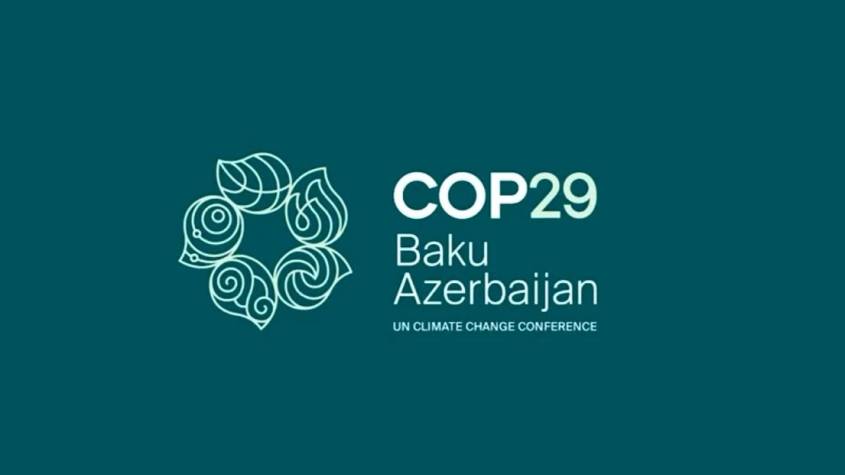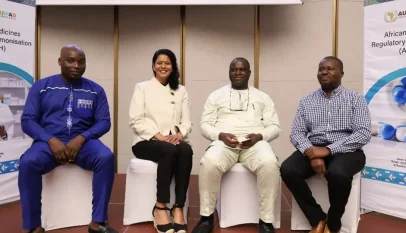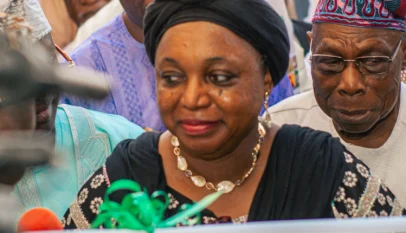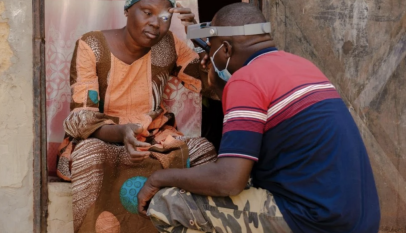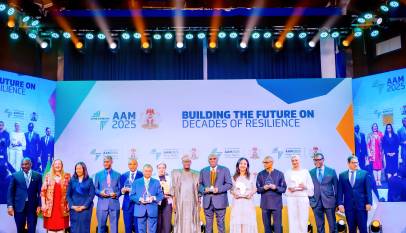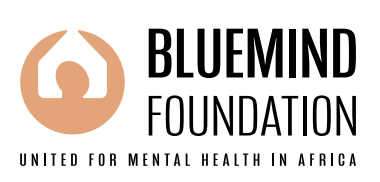COP29: African Negotiators Advocate Prioritizing Concessional Climate Financing
As the 2024 United Nations Climate Change Conference of Parties (UNFCCC COP29) slated for Baku, Azerbaijan from 11—22 November 2024, approaches, the African Group of Negotiators (AGN) on Climate Change have advocated the urgency of the continent prioritizing concessional financing in a bid to prevent escalating debt, alongside the urgent need for the reform of global financial systems.
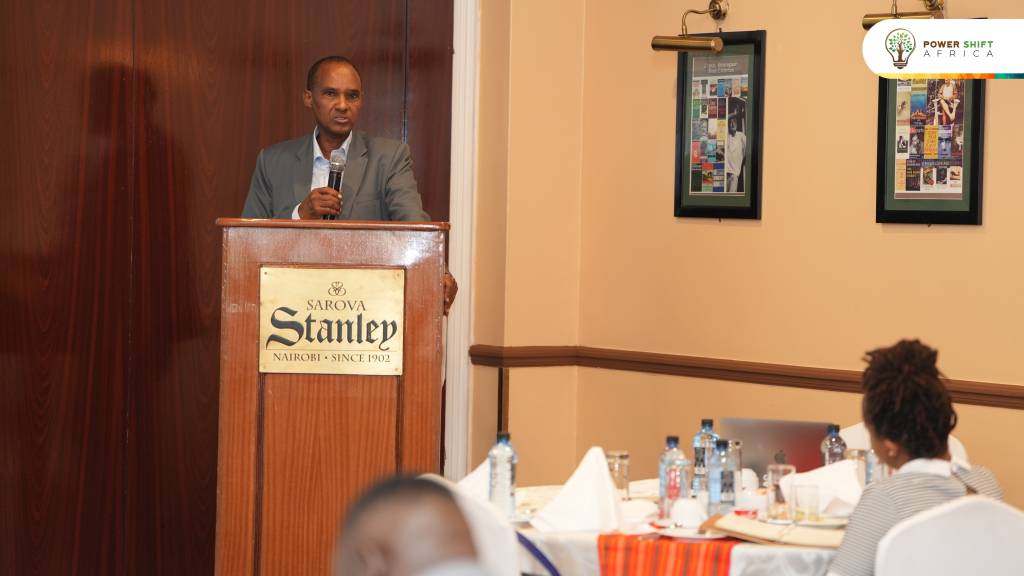
This call was made by the Chairperson of the African Group of Negotiators (AGN) on Climate Change cum Climate Envoy for Kenya, Amb. Ali Mohamed on Friday in Nairobi, Kenya during a media briefing by AGN in partnership with Power Shift Africa to present the continent’s COP29 position and priority areas: the New Collective Quantified Goal (NCQG) and the Global Goal on Adaptation (GGA).
Amb. Mohamed also demanded greater support for adaptation, loss and damage fund, as well as enhanced mitigation ambition from developed nations, describing them as the lifelines for Africans on the frontline of the climate crisis and essential for risk-informed development. Africa will be seeking for USD$1.3 trillion in climate financing per year between 2024 and 2030,
Amb. Mohamed said as highlighted in the 2023 State of Climate Report in Africa, the continent remains on the frontlines of the fight against climate change and its impacts; from rising temperatures to shifting rainfall patterns. Against this backdrop, he said, the AGN would be prioritizing NCQG outcomes based on evolving needs as reflected in developing countries’ Nationally Determined Contributions (NDCs) and National Adaptation Plans (NAPs), among other national climate planning and programming instruments.
The AGN Chairperson hinted that the quantum and quality of funding must align with the urgent need to cope with intensifying climate impacts, saying the negotiators are committed to securing a deal that genuinely serves the needs of those most affected — anything less would be a disservice to the people and the continent.
“Our position includes a quantum of $1.3 trillion per annum by 2030; quality of finance that is informed by criteria including debt sustainability, cost of borrowing, and significantly from public sources, by emphasizing grant and highly concessional finance; and transparent mechanisms in respect of accountability. Being at the frontline of climate change, key sectors such as agriculture, water and health are being ravaged; hence, the need for African countries to be supported to cope with the irreversible impacts of climate change,” Amb. Mohamed said.
The Kenyan climate envoy said Africa had no option but to adapt to the destructive impacts of climate change in all vulnerable sectors including health, adding that adaptation finance remains a key priority for Africa to implement measures that are crucial for building resilience against the unavoidable impacts of climate change. He further called on journalists to amplify the African narratives on climate justice by ensuring the continent’s voices are heard in global climate negotiations.
“African journalists have a responsibility to strongly push for Africa’s climate agenda. Their role is crucial to hold historical polluters to account. Most importantly, we must use journalism to hold ourselves to account.”
Adaptation Lead Negotiator for Africa, Kulthoum Omari-Motsumi, said it is the responsibility of Africans to elevate adaptation at par with mitigation as they have struggling since 2001 to put it on the map.
“At COP29, we will be discussing the NCQG, which Africa wants to be done based on needs and not a random number as we have previously done. Africa needs $1.3 trillion per annum to develop and this quantum number is informed by needs. We have established some targets on adaptation, which is a key priority for Africa and I hope that actors from Africa and beyond can support us,” she said.
In his remarks, Power Shift Africa Executive Director Mohamed Adow said rich countries of the world cum biggest climate polluters must finance Africa’s climate-resilience building interventions.
“We are not asking developed countries to develop Africa for us, but we are calling on historical polluters to pay the climate debt owed to Africa. It is outrageous that Africa is the least developed, the most energy-poor and the least responsible for the climate crisis. Yet we receive only 3 percent of the global share of funds for renewable energy investment. This is the irony of the complex climate challenge that we face.”
Experts believe crumbling agricultural productivity and production due to droughts or floods, water scarcity and rising temperatures are not only causing food insecurity but also leading to serious health challenges for the people, a development that both health and climate experts keep highlighting as resulting in nutrition-related challenges, heat stress, increasing occurrence of certain infectious diseases such as malaria and waterborne illnesses, among others.

